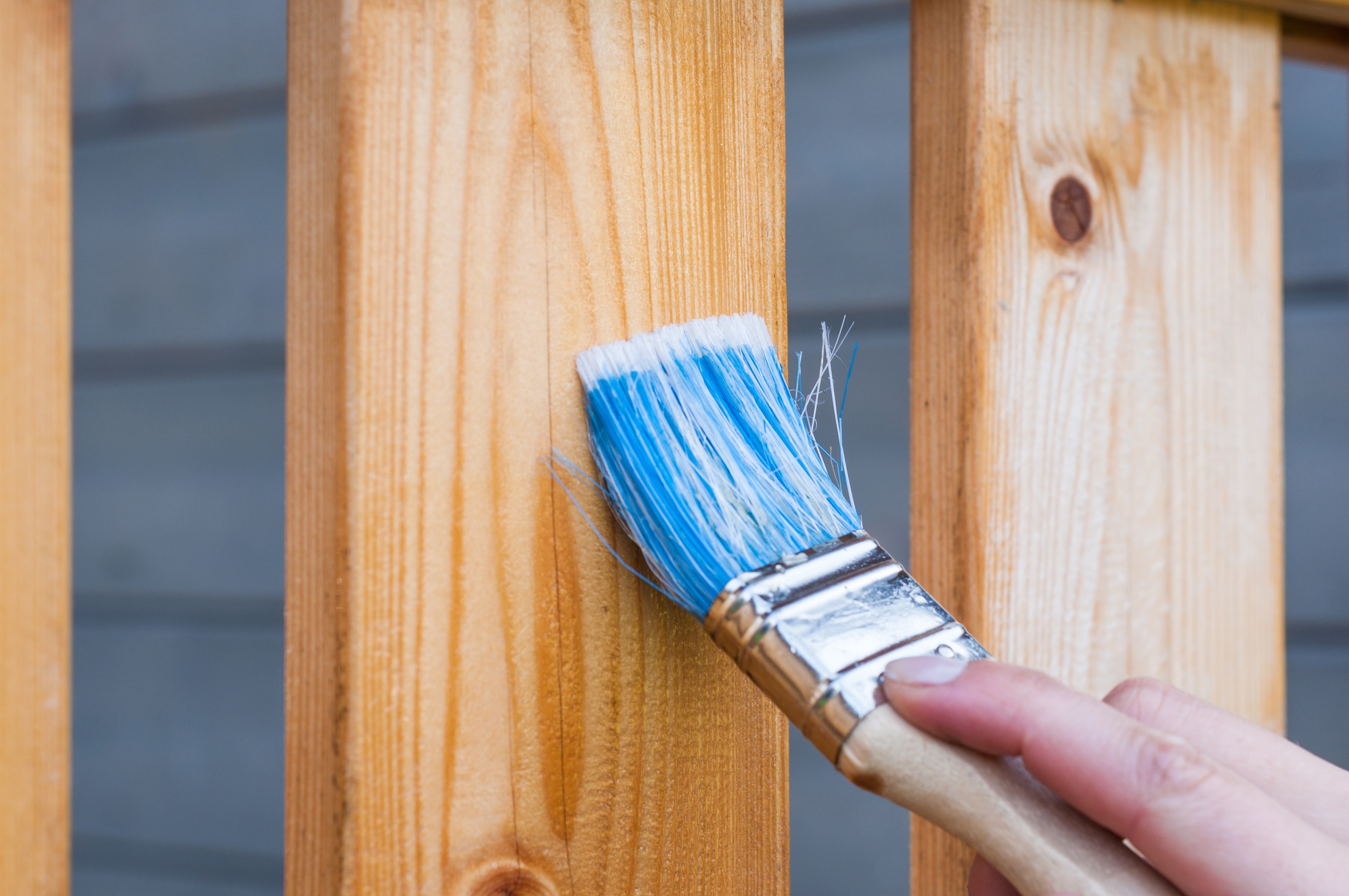When should I refinance my mortgage?
So when should you refinance your mortgage? Whenever it makes financial sense to do so.
Heard about mortgage refinancing? In the past, most people who took out a mortgage doggedly continued with it until they had paid it off. These days, people refinance their mortgage much more frequently. Here we look at some of the reasons people in Australia refinance their home loan.
Mortgage refinancing reasons: lower rate
The most common reason for people to refinance their mortgage is to get a better deal. But be careful you don’t become fixated with the interest rate. When you refinance your home loan, you need to consider fees and charges as well as the interest rate. You often have to pay charges for exiting your current home loan, plus charges for taking out the new mortgage. You need to be sure that in refinancing your home loan that you’ll be better off in the long run after taking into account all costs.
Mortgage refinancing reasons: more flexibility
Many people only discover the full details about their mortgage when it’s too late. They try to do something and get told by their lender that either they can’t do it, or they will incur a hefty charge if they do. An example is a redraw facility – the ability to pay extra money into a mortgage and then redraw it later. This feature is not possible with a basic home loan, so many people refinance their mortgage to give themselves this sort of increased flexibility.
Mortgage refinancing reasons: renovation
If you carry out renovations, it often makes sense to refinance your mortgage and take out a construction loan, so you only pay interest as building progresses. Once construction is over, it might make sense to refinance your home loan again so that you consolidate the total amount you owe into a loan that minimises your interest bill, while giving you a degree of liquidity.
Mortgage refinancing reasons: home equity
Over recent years in the property market houses have appreciated at a significant rate. e.g. a home you bought for $300,000 five years ago, might now be worth $500,000. Refinancing your mortgage with a home equity loan might let you tap into that extra $200,000 equity.
Mortgage refinancing reasons: defaulting
Some people find they have borrowed more than they can comfortably repay, and they’re in danger of defaulting. There’s no shame in that. But don’t suffer in silence. If you’re having trouble making your mortgage repayments, talk to me about refinancing your home loan to make it more manageable.
Berwick Mortgage Broker is not your average mortgage broker.







